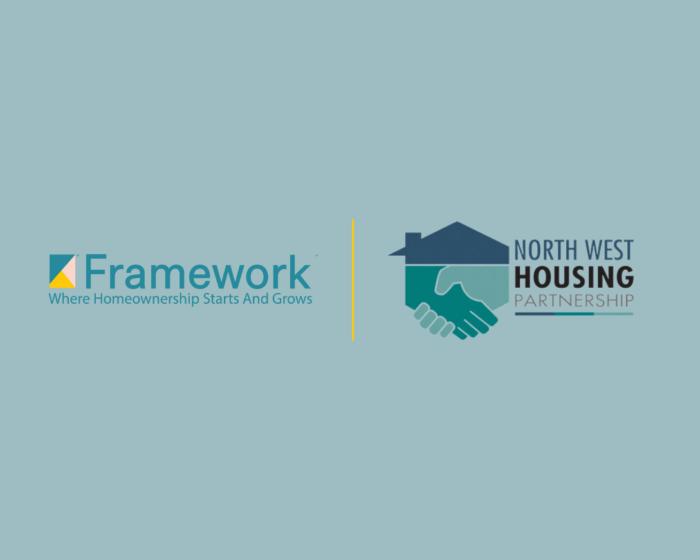If you’re thinking about buying a home anytime soon, chances are you’re already watching that credit score like a hawk. But your FICO score is just one aspect of your overall credit. When you apply for a mortgage, lenders look at the whole picture.
“Good credit” means you’re considered low risk. Typically, the lower your risk to the lender, the lower the interest rate you’ll qualify for. The lower the rate, the less your home will cost over time. Even a half-percent difference can ultimately save or cost you thousands of dollars.
So just how do lenders define good credit, and how do you earn it? It’s about four key factors, known as the “Four Cs.”
1. Capital
Capital is the cash you have on hand to put toward the purchase price of your home and other upfront costs.
Lenders like to see that you’ve already saved all the capital you’ll need. It shows that you manage your money well and are less of a risk. Still, some of it can come from a gift, grant, or special program.
Down payment
The bigger your down payment, the less you’ll need to borrow and the lower your monthly mortgage payments will be.
Lenders verify the source of your down payment and your history of savings. If someone plans to give you the down payment, they need to sign a gift letter and show they really do have the money to give you.
For most people, coming up with the down payment is the hardest part of homebuying, or at least the most intimidating. Fortunately, down payment assistance is more available than you might think.
One myth that persists among homebuyers is that you need 20% down to qualify for a mortgage. Not true. Be sure to speak to your lender about mortgage products that require down payments of as little as 3% of the purchase price.
Closing costs
Closing costs are the administrative fees and other charges related to the home purchase that are paid at closing. They’re normally 3% to 6% of the loan amount.
If it’s a “buyer’s market” and homes aren’t selling well, an eager seller might offer to pay some or all of your closing costs. You can’t know this ahead of time, though, so you should plan for the expense.
Have you seen ads promising “no closing costs”? What that really means is that the lender will let you finance the closing costs. In some cases, it can be a good strategy. Just recognize that you’ll be paying interest on the sum.
Moving expenses
Besides truck rental, packing materials, and so on, you might need deposits for utilities and more.
Safety cushion
Not exactly an upfront cost. Still, both you and your lender will be more comfortable knowing that after you pay for all of the above, you’ll have some leftover. Some lenders require reserve funds.
If you have a gap in your income or an unexpected expense, can you still make critical repairs to your home and continue to pay the mortgage for at least a few months?
2. Capacity
Capacity is your monthly income and how stable it is. Is your income high enough and stable enough to cover a mortgage and home expenses? To determine this, lenders review your income, employment history, and earning potential.
The general standard for stable income is two years with the same employer or in the same field. If your income varies from month to month or year to year, you’ll probably need to provide additional documentation that shows the lender you’ll be able to afford the mortgage.
3. Credit history
Your credit history is an overview of how much you use credit and how well you pay your bills. It’s hard evidence that you don’t spend more than you earn, use credit in moderation, and pay bills regularly and promptly.
Lenders typically require 12 to 18 months of positive history: modest balances, no late or missed payments, etc.
Your credit history is reflected in your credit score, which is also key to qualifying for a mortgage.
4. Collateral
The first three of the Four Cs refer to you. This one refers to your future home.
Because lenders have the right to take possession of your home if you default on your mortgage, they order an appraisal of the property to get an accurate assessment of what it’s worth. It must be worth at least as much as the loan amount. Your collateral is the officially appraised value of the home.

